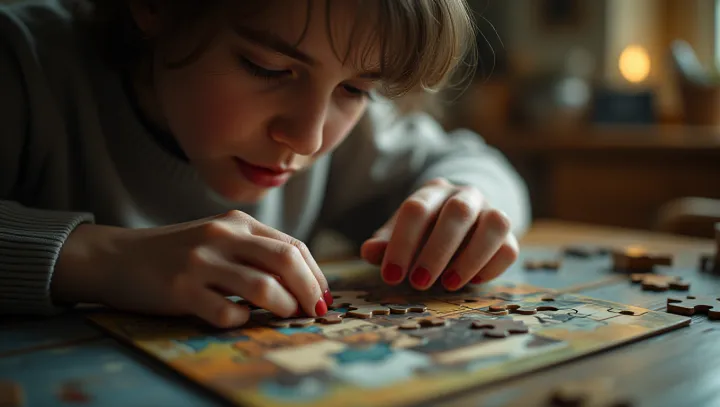Why Puzzles Captivate Us

In bustling cities worldwide, our affinity for puzzles appears unwavering. From the historical ordeal of jigsaw puzzles to current digital enigmas, these brainteasers capture diverse demographics in Beijing, New York, and beyond. Despite differing formats—from tactile board pieces to immersive screen-based adventures—their magnetic allure is universally acknowledged.
Psychological experts, including Dr. Ella Morrison from the University of Oxford, attribute this widespread appeal to several innate human desires. "Puzzles offer a controlled space for uncertainty, providing a mental break that invigorates the mind," says Morrison.
Such challenges require a combination of perseverance, logic, and creativity, engaging multiple cognitive faculties simultaneously. Beyond individual engagement, puzzles foster community through shared experiences. Enthusiasts gather virtually and in person to collaborate, compete, and celebrate victories, highlighting the social component inherent in many puzzle formats.
This camaraderie, experts suggest, is integral to the entertainment value, offering both communal satisfaction and personal growth.
